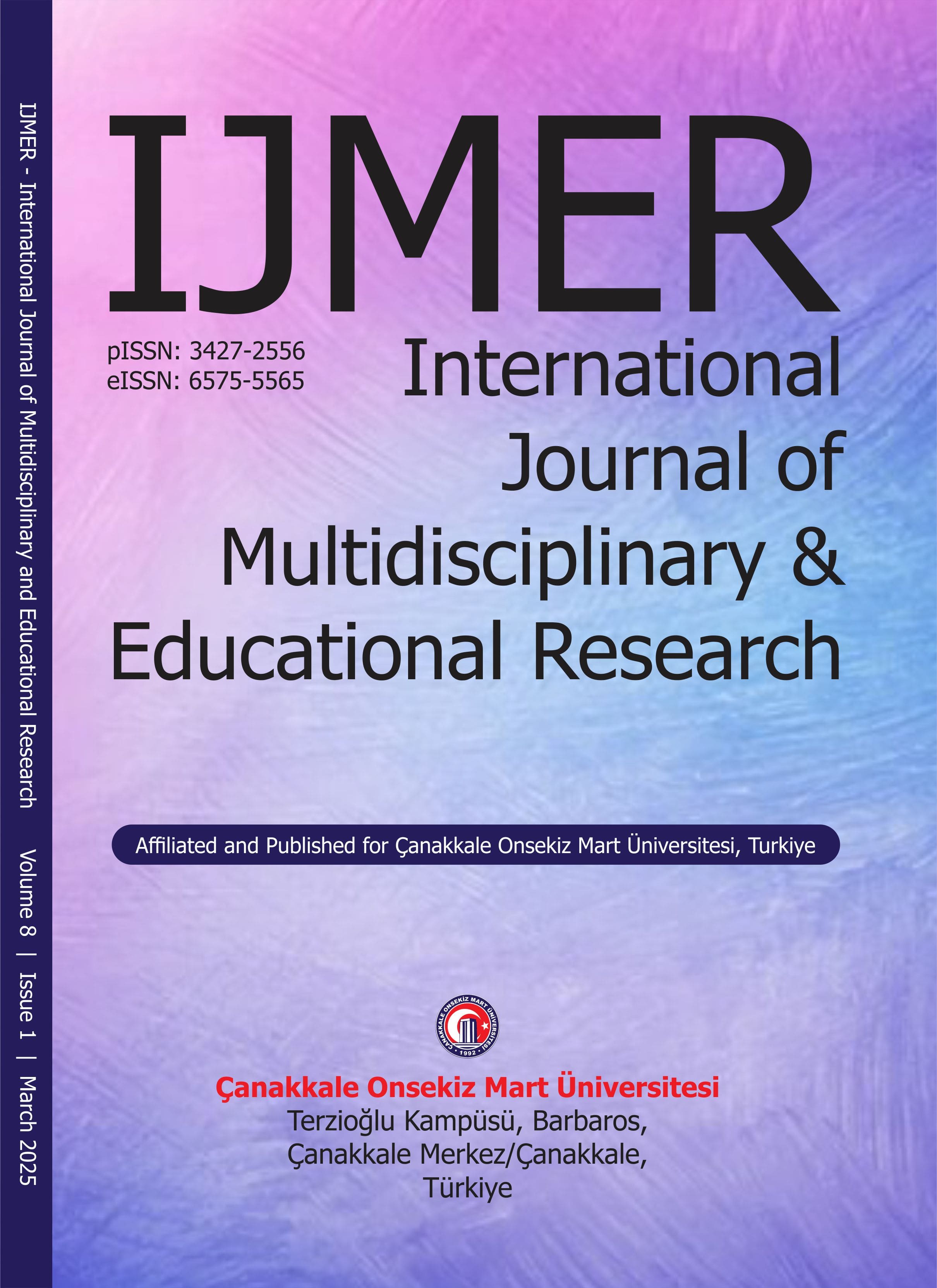International Journal of Multidisciplinary and Educational Research (IJMER)
The Relationship between Teachers' Positive Psychological Capital Levels and School Effectiveness Levels Examining the Relationship
E-ISSN: 6575-5565
P-ISSN: 3427-2556
DOI: https://iigdpublishers.com/article/552
In this study, it was aimed to determine the relationships between the positive psychological capital levels and school effectiveness levels of secondary school teachers working in Erzurum. The data collection group of the study consists of a total of 320 teachers selected through probability sampling among secondary school teachers working i n Erzurum in the 2018-2019 academic year. In the data collection process of the research, the data collected using the Positive Psychological Capital Scale to determine the psychological capital levels of the teachers and the Effective School Scale to determine the school effectiveness levels were analyzed by loading them numerically into the SPSS 15.0 (Statistical Package for Social Sciences) package program. In the analysis of the data, descriptive statistical methods (frequency, percentage, mean, standard deviation) as well as independent sample ttest, One-way ANOVA analysis and Pearson correlation were used. When the research findings are examined; While there was no difference between the participants in terms of gender variable; It was found that married teachers' perceptions of general positive psychological capital and the sub-dimensions of selfefficacy, optimism, confidence and hope were higher than those of single teachers. When examined in terms of the branch variable, it was determined that the perception of positive psychological capital of music and social studies teachers was higher than that of other branch teachers. It was observed that there was no significant difference in terms of age and educational status variables. In addition, it was concluded that there was a low level of the positive and statistically significant relationship between positive psychological capital and school effectiveness levels.
Köksal ÇĠFTÇĠ & Mehmet Ali HAMEDOĞLU
Abbas, M., & Raja, U. (2015). Impact of psychological capital on innovative performance and job stress. Canadian Journal of Administrative Sciences/Revue Canadienne des Sciences de l'Administration, 32(2), 128-138.
Berberoğlu, N. (2013). The impact of psychological capital on organizational citizenship behavior: A field study [Master's thesis]. Gazi University, Ankara.
Büyüköztürk, ġ., Çakmak, E. K, Akgün, Ö. E., Karadeniz, S., & Demirel, F. (2011). Scientific research methods. Pegem.
Çınar, E. (2011). The relationship of positive psychological capital with organizational commitment [Master's thesis]. Dokuz Eylül University, Ġzmir.
Doğan, H., Üngüren, E., & Kesgin, D. D. (2010). The relationship between profession and family life: A research on professional tourist guides. Journal of YaĢar University, 20(5), 3430-3442.
